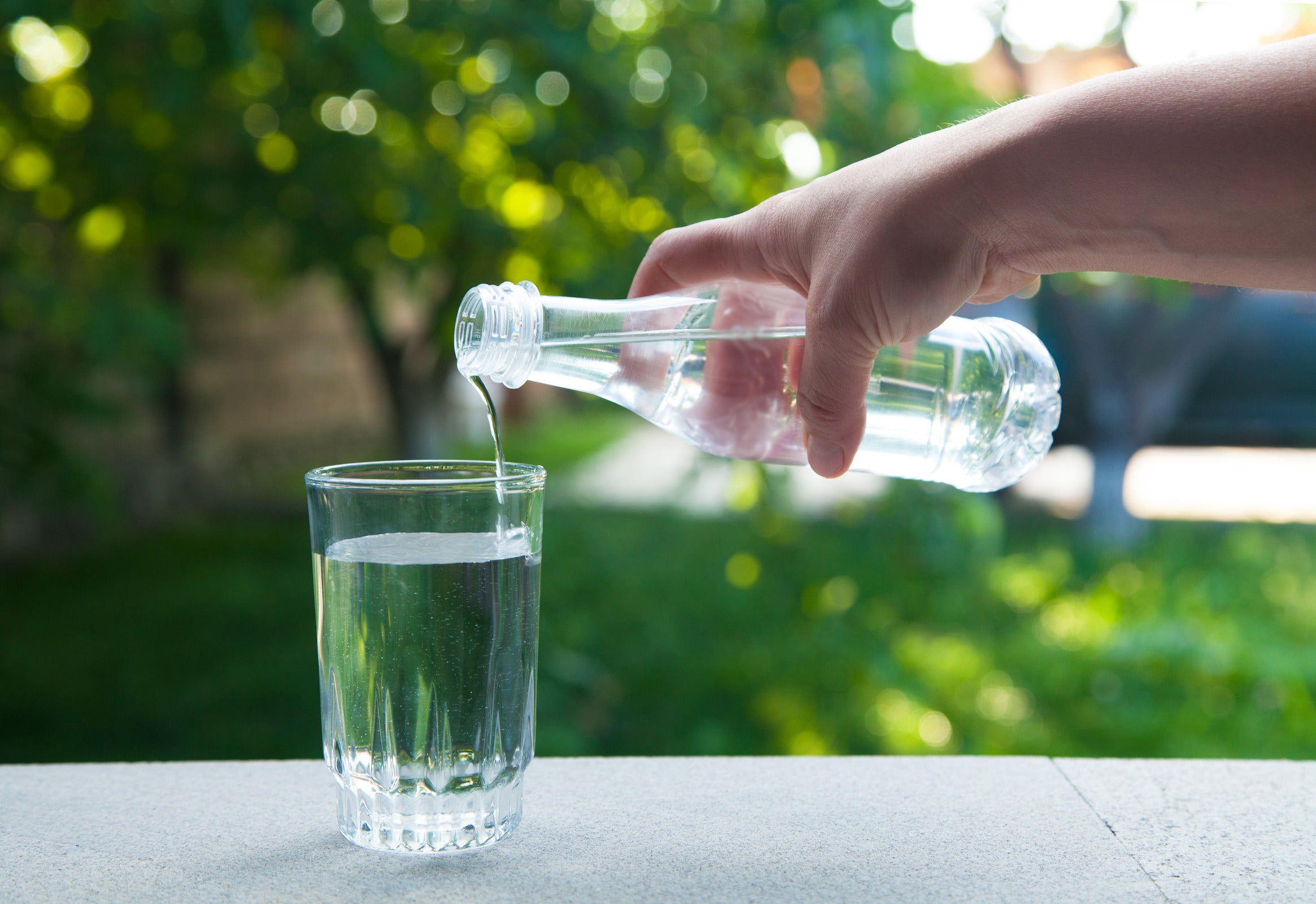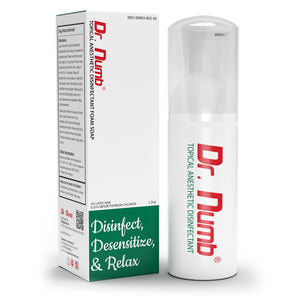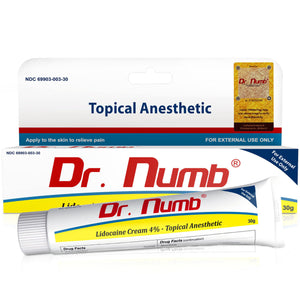A hemorrhoid that bursts requires emergency medical care. Excess blood loss can cause severe complications such as dizziness, faintness, or hypotension/shock. Per rectal bleeding can also indicate other diseases, such as colorectal cancer and anal canal cancer.
A thrombosed hemorrhoid can burst when it fills up with too much blood. You may bleed again after opening your bowels if you have a burst hemorrhoid. Blood should stop bleeding after 10 minutes.
This post will explain everything you need to know about burst thrombosed hemorrhoids, including their immediate management, treatment, and prevention strategies.
Hemorrhoid Burst Thrombosed: 9 Treatment Tips

Thrombosed hemorrhoids, if left untreated, can have a detrimental effect on your overall quality of life. Anal lumps, rectal bleeding, and severe pain, irritation, and swelling around the anus are common thrombosed hemorrhoid symptoms because of a large blood clot in your hemorrhoidal veins. We will explore how to treat a burst thrombosed hemorrhoid effectively, outlining some valuable tips and strategies for pain relief and medical treatment for severe hemorrhoids.
Immediate Steps
Hemorrhoids, particularly those that are thrombosed, can burst and cause bleeding. For treating a burst thrombosed hemorrhoid, the immediate steps you take can significantly affect your hemorrhoid recovery time and overall comfort. To treat thrombotic piles at home right away, follow these steps:
- Soak in warm water: Taking 10-15 minute warm sitz baths several times per day can relieve pain and inflammation while promoting proper hygiene. Use mild soap and water to clean the affected area before and after soaking. The treatment is also effective for thrombosed internal hemorrhoids.
- Apply a cold compress: Placing a cold compress, like an ice pack or a bag of frozen vegetables, and massaging it into the affected area can provide numbing and swelling reduction. Do not apply the compress directly to your skin, which can cause frostbite. An ice pack is a great option to stop heavy bleeding from hemorrhoids.
- Use topical treatments: Hemorrhoids rupture when the blood drains from the swollen vein, resulting in bright red blood, itching, burning, and redness. Over-the-counter ointments and suppositories containing hydrocortisone or witch hazel can help reduce itching and temporarily relieve pain. Be sure to follow the instructions on the label and consult your healthcare provider if you have any concerns before massaging hemorrhoids.
- Keep the affected area clean and dry: Avoid using abrasive or scented products on the affected area, and pat it dry gently with a clean cloth after each sitz bath. Wearing loose-fitting cotton underwear can also help promote ventilation and prevent moisture from building up.

Medical Treatments
While immediate steps for pain relief and proper hygiene can go a long way in treating a burst thrombosed hemorrhoid, medical treatments may be necessary for more severe cases. Here are some of the medical treatments available for hemorrhoid burst:
Painkillers: Over-the-counter medications like acetaminophen and ibuprofen are the best prescription medicine for helping to shrink hemorrhoids and provide short-term relief from pain. Your healthcare provider may also prescribe more potent painkillers, if necessary.
Topical Treatments: Prescription-strength ointments and suppositories containing steroids or lidocaine may be prescribed by your healthcare provider to relieve pain and inflammation. These medications are typically used for a short period and are not recommended for long-term use.
Rubber band ligation: This procedure involves placing a small rubber band around the base of the hemorrhoid, cutting off its blood supply and allowing it to shrink and eventually fall off. It is a standard management treatment for burst internal hemorrhoids and can be done in a doctor's office in less than an hour.
Sclerotherapy: This procedure involves injecting a chemical solution into the hemorrhoid, causing it to shrink and impair blood flow. It is a highly effective treatment for small internal hemorrhoids.
Hemorrhoidectomy: This surgical procedure removes the hemorrhoid tissue, most commonly used for large internal or external hemorrhoids. It is typically done as an outpatient procedure and requires recovery time.
To recover from a hemorrhoidectomy, avoid lifting, pulling, or strenuous activity until fully healed. This includes avoiding straining during bowel movements or urination. Depending on your comfort and job type, consider taking time off work. Gradually increase physical activity as you feel better.
When Requires Medical Attention
While hemorrhoids can be a common and mild condition, severe or persistent bleeding can be a sign of a more serious underlying condition. Here are some signs that may indicate the need for immediate medical attention:
- Severe or persistent bleeding: If you experience more than just a tiny amount of blood when cleaning after bowel movements or have blood in your stools, it is vital to seek medical attention.
- Pain that is not relieved by home remedies: If your pain lingers despite your diligent efforts to ease it at home, it might be prudent to consult a healthcare provider.
- Change in bowel habits: If you experience new symptoms such as diarrhea, constipation, or difficulty passing stools, it may indicate an underlying condition that requires medical attention.
- Swelling or redness around the affected area: If you notice increasing swelling or redness around your hemorrhoid, it may indicate an infection.
Bloody Thrombosed Hemorrhoids 6 Prevention Tips

Prolapsed haemorrhoids can be carefully pushed back in or may retract on their own. Untreated, they can lead to thrombosed haemorrhoids or become strangulated if blood supply is cut off. We will discuss some tips on how to prevent thrombosed hemorrhoids from bursting. Here are some tips:
Increase Fiber Intake
Fiber, a crucial nutrient, plays a key role in regulating bowel movements and softening stool consistency. Consuming a fiber-rich diet not only prevents constipation but also lowers the likelihood of hemorrhoids or worsening existing conditions. Boost your fiber consumption by incorporating foods like:
- Fruits and vegetables.
- Whole grains.
- Legumes.
- Nuts and seeds.
- Bran cereals.
Drink More Water
Staying hydrated is crucial for maintaining healthy bowel movements. Dehydration can cause constipation, which can further lead to hemorrhoids. Drinking water can keep your stool soft and prevent straining during bowel movements. Aim for at least 8 glasses of water per day.
Exercise Regularly
The benefits of exercise include improved blood flow and a reduced risk of hemorrhoids. Additionally, exercise can stimulate bowel movements to prevent constipation. Every day, strive to exercise for at least 30 minutes.
Avoid Straining During Bowel Movements
Straining during bowel movements can aggravate existing hemorrhoids or cause new ones to develop. To avoid wasting, try to:
- Take your time on the toilet. Rushing can cause stress on the anus.
- Use stool softeners if necessary. Talk to your doctor about which options are safe for you.
- Use the correct toilet posture. Place your feet on a stool or toilet step to bring your knees higher than your hips.
- Try not to hold your breath or push too hard during bowel movements.

Don't Sit for Too Long
Sitting for long periods can put pressure on anal veins and cause hemorrhoids to develop. If you have a sedentary job, try to stand up and move around every hour or so. If you must sit, use a cushion or pillow to take pressure off the anal area.
Avoid Heavy Lifting
Lifting heavy objects can strain the anal area and cause hemorrhoids. Use proper lifting techniques, such as squatting and lifting with your legs, to avoid putting pressure on your anus.
Conclusion
While it's not the most comfortable topic to discuss, understanding thrombosed hemorrhoids and their complications is crucial to your overall health. Burst thrombosed hemorrhoids can be a scary experience, but knowing what to do and how to prevent this condition from occurring can help you find relief.
Here, we provide you with the essential information you need to know about thrombosed hemorrhoids, including their causes, symptoms, treatment, and prevention strategies.
Remember, if you experience severe pain and bleeding from a burst thrombosed hemorrhoid, seek medical attention right away. Also, don't hesitate to talk to your doctor if you have any concerns or questions about managing this condition. By taking proper care and preventing hemorrhoids, you can avoid hemorrhoids.















